Who is feeding who?
Adelina Marini, March 30, 2010
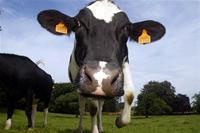 This is the question one will inevitably start asking with the warming up of the discussions on reforming the Common Agriculture Policy (CAP). This is one of the first common European policies, created after the World War II to help feeding the population in Europe after two devastating wars. This is one of the few policies, incorporated in the Community Treaties.
This is the question one will inevitably start asking with the warming up of the discussions on reforming the Common Agriculture Policy (CAP). This is one of the first common European policies, created after the World War II to help feeding the population in Europe after two devastating wars. This is one of the few policies, incorporated in the Community Treaties.
Since then the policy, which "eats" almost half of the common European budget (53 bn euro per year which is around 40% of the budget), is constantly a subject of disputes and division in the Union, because the money is being disbursed among 12 mn farmers in all 27 member states. Just as a comparison, by 1984 the CAP budget was 71% of the financial perspectives of the EU.
The problem is not only that too much money goes in only 12 mn farmers but in a more significant issue - what contribution does this money have? The opponents of agriculture subsidies say that the money goes only to produce an expensive product and to keep the social peace. One of the staunchest opponents of the CAP - Britain is directly blaming France that Europe is forced to finance thousands of types of French cheese. According to the opponents, instead of spending so much money in something which delivers disputable results, it would be better if more money is invested in research and high technology.
The critics also say that large companies and rich aristocrats are the main beneficiaries of the 53 bn euro annual financial aid, among which is the British royal family. This information has been revealed by the website Farmsubsidy, which has been fighting for years for more transparency in agriculture subsidies. For some time now the website has been publishing information about Bulgarian beneficiaries of money on CAP (the official data of the European Commission you can see here). Only a vague look at the list of beneficiaries and the sums shows that a small farmer has almost no practical use of the agriculture subsidies.
Another strong argument against the agriculture subsidies is that the money is being used for political purposes. A bright and quite recent example in this regard is the surprising decision of the French president Nicolas Sarkozy to make a concession from the firm French position and to offer a reform, the capreform.eu website reported, maintained by the co-founder of Farmsubsidy.org Jack Thurston. After the catastrophic, for Sarkozy's party, local elections in France, the French head of state after all decided that it would be better to wage an agriculture war with Europe.
Last week the French leader announced he was a vigorous opponent of the reduction of the CAP budget and added: "I am ready to confront a crisis on a European level, rather than to accept the dismantlement of the Common Agricultural Policy… I will not let our agriculture die", Sarkozy declared, quoted by capreform.eu.
Such a decision goes beyond rational thinking about the pure economic advantages of subsidizing an unreformed sector in a globalised economy, because such a move does not give a clear answer to the question who is feeding who and at what price. The decisions of the Bulgarian government (the current and previous ones) were the same - to satisfy the farmers' wishes without asking anything from them in return.
Yet with Bulgaria's EU accession it was well known that dairy farms must invest money to reach the high European quality standards. Instead, out of fears for protests and political losses, politicians preferred to prolong the deadlines to avoid mass closure of dairy farms. The same goes with subsidizing the tobacco producers in Bulgaria.
CAP defenders however, say that in spite of all reasonable arguments, subsidies should be kept because the main issue is, after all, the feeding of Europe. This is an industry which we can't and shouldn't live without. The same opinion shared the European Commissioner for Agriculture Dacian Ciolos during his hearing at the European parliament in January.
"We are talking about the feeding of the EU, about the food industry, about industry that creates a lot of jobs. And I hope that 1 day we will not see that we had done too little for the European agriculture, that we had not supported it but it was too late", the Romanian Commissioner said on January 25th. When he was nominated for the post he was defined by CAP critics as the second French commissioners who will defend the French interests when the CAP is being negotiated.
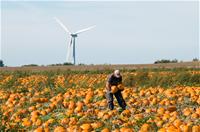 In support to spending money for agriculture is the fact that rural areas represent 90% of EU's territory. Given the increased urbanization in the last decades and migration, one of the main purposes of CAP from its very creation has been to prevent mass migration from villages to the big cities. Separately, we should not ignore the fact that rural areas are being considered quite frequently as an important part of the efforts to protect the environment. No less is CAP's role to protect arable land.
In support to spending money for agriculture is the fact that rural areas represent 90% of EU's territory. Given the increased urbanization in the last decades and migration, one of the main purposes of CAP from its very creation has been to prevent mass migration from villages to the big cities. Separately, we should not ignore the fact that rural areas are being considered quite frequently as an important part of the efforts to protect the environment. No less is CAP's role to protect arable land.
In any case the issue will continue to gain speed because the moment of negotiations on the new financial perspectives of the Union (2014-2020) is approaching. For the same period there is a gentleman agreement between Britain and France, CAP's share to be further reduced for the sake of more investments in science and technology.
No matter that the battle will again be a cruel one, still there is hope because the European Commission demonstrated it wanted CAP to be directly engaged with the new economic strategy Europe 2020. This could be a good reason for the pro and anti camps to get reconciled. The issue was also disucssed by EU Agriculture ministers in Brussels on Monday at their regular Council.
Probably it was meant for this founding European policy to go all this long and 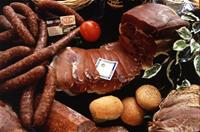 difficult way through until the moment is ripe for it to stop being an instrument for internal European and international horse trading, but rather a real policy, capable to guarantee healthy sustainability of the European society, clean environment and, most of all, enough food. In the next 2 years it is expected to become clear whether indeed the time is ripe or we should wait more.
difficult way through until the moment is ripe for it to stop being an instrument for internal European and international horse trading, but rather a real policy, capable to guarantee healthy sustainability of the European society, clean environment and, most of all, enough food. In the next 2 years it is expected to become clear whether indeed the time is ripe or we should wait more.
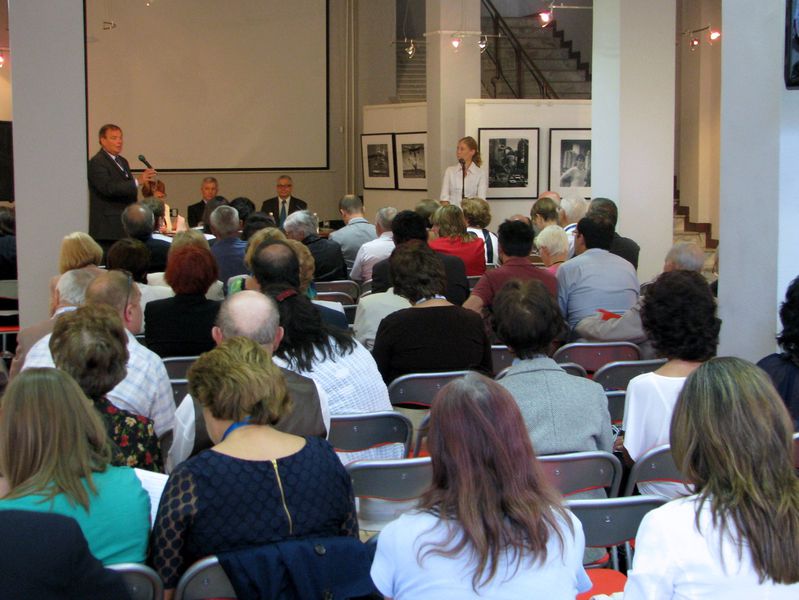 | © Polish Embassy in Sofia
| © Polish Embassy in Sofia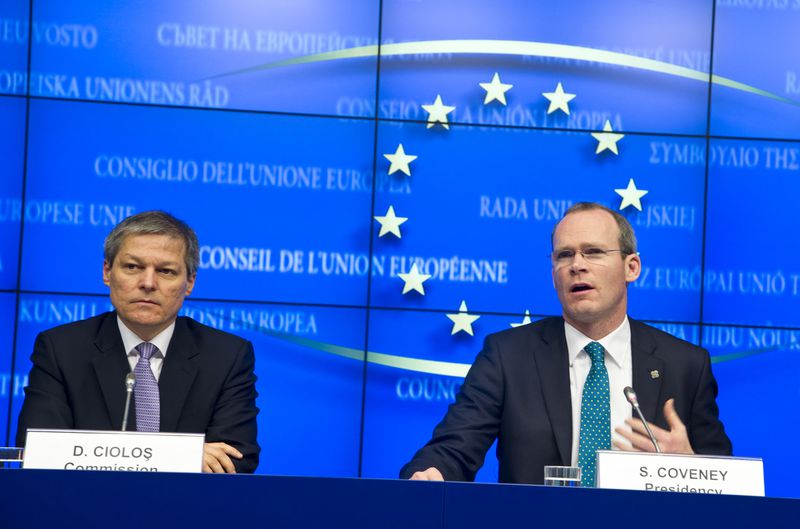 | © Council of the EU
| © Council of the EU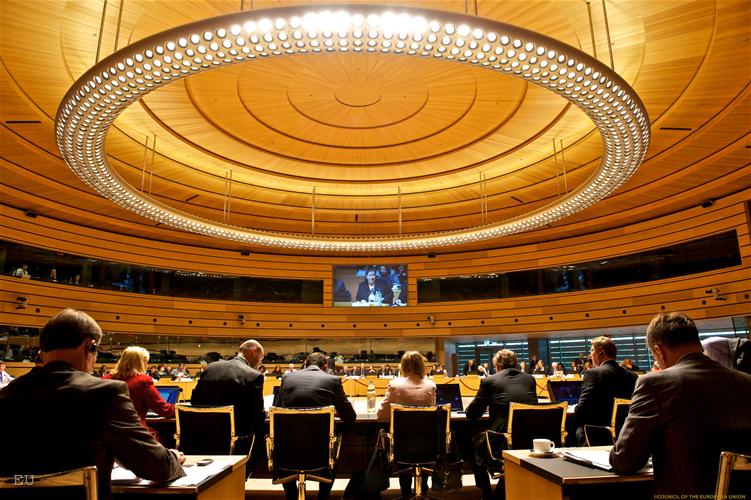 | © EU
| © EU